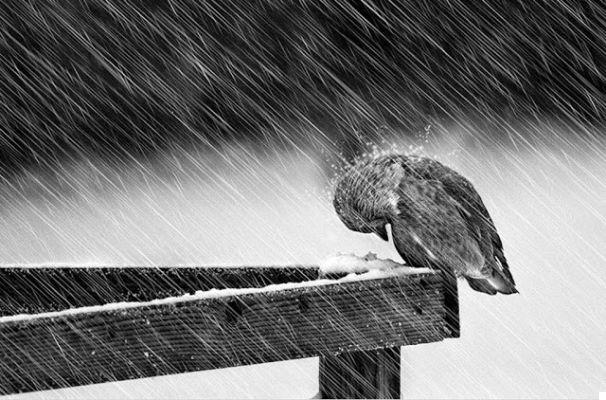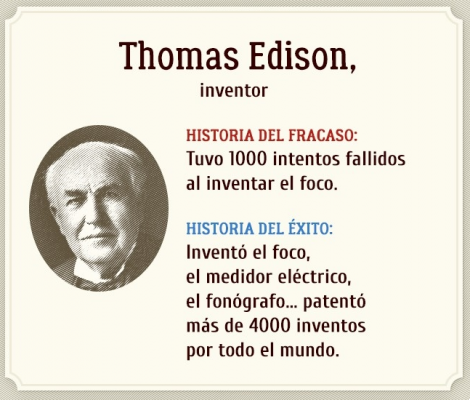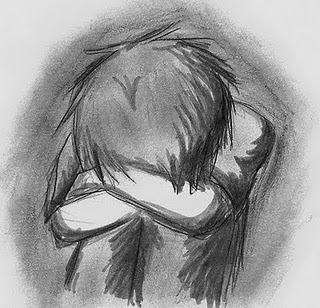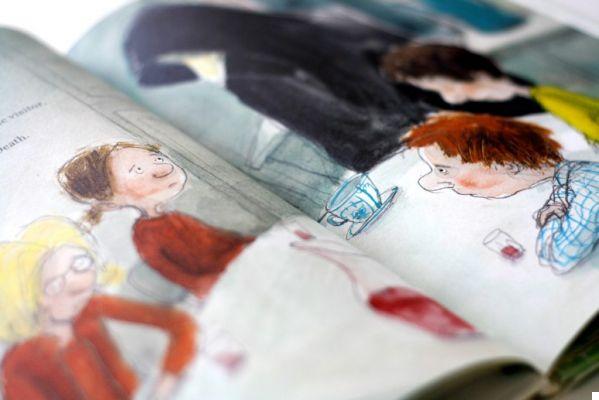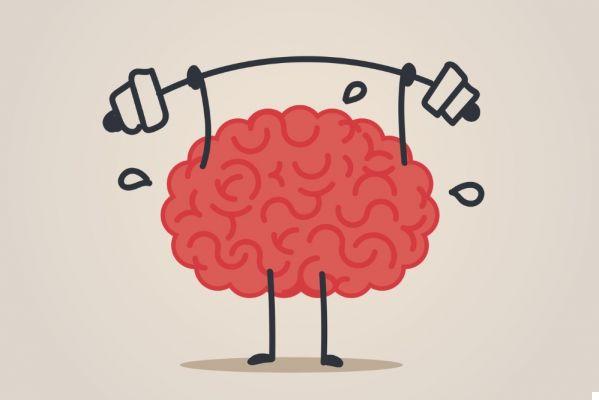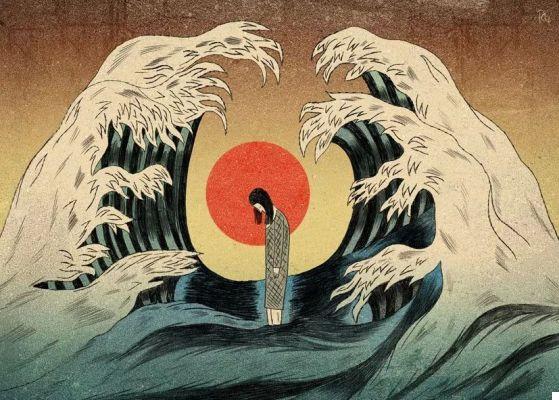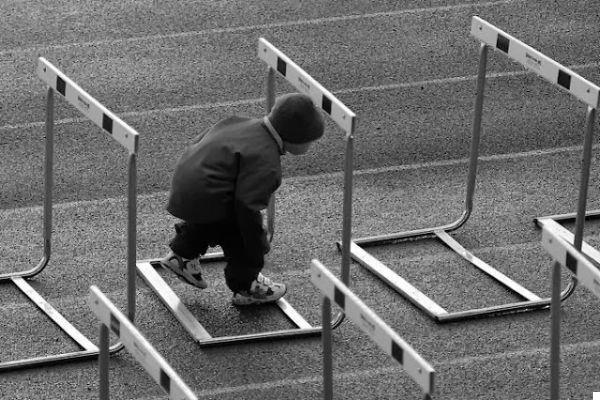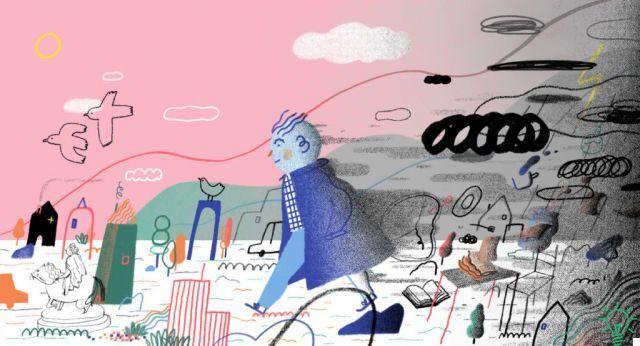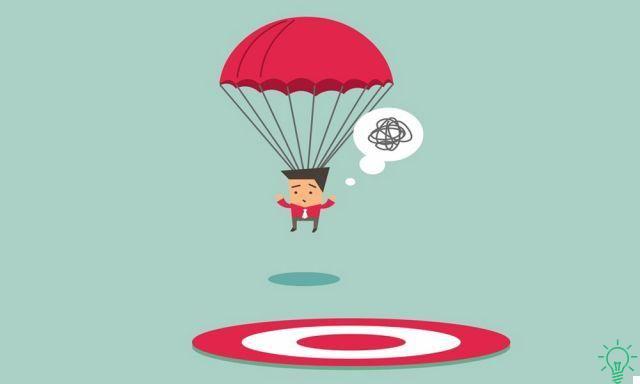
Nobody wants to encounter obstacles in their path, suffer losses or face adversity. All these situations are surrounded by a negative halo, especially because in our society we are used to polarize experiences, categorizing them as positive and, therefore, desirable or negative and therefore undesirable.
But the Taoist philosophy teaches us that "positive" and "negative" blend together in all situations and that excess of negativity is as bad as excess of positivity. To live a more balanced life, one should learn to see the positive in the negative, learn the hidden lesson behind failure, and focus on how to recover from a fall.
Only adversity allows you to discover your true strength
“The blows of adversity are bitter, but they are never sterile,” said the French philosopher Ernest Renan. When we are faced with situations that take us out of our comfort zone, when we are forced to leave calm waters to face the fury of the tide, we need to activate our psychological resources to survive. In this moment of inner struggle, a psychological change can be produced, a learning process that will transform us into more resilient people.
In reality, a person who does not know adversity does not know himself completely, does not know what his limits are and has never tested his strength. Therefore, we can consider adversity as a kind of telescope that instead of pointing outwards we direct inside ourselves. Thus, when we get out of this situation, we will not go back to seeing life in the same way and we will be changed, we will have enriched our "psychological toolbox".
So, we can see adversity as opportunities to get to know each other better. Once the tide subsides and we reflect, we realize that we are a little stronger, more mature and wiser.
Resilience is like a muscle that is strengthened in adversity
Resilience is the ability to come out of situations strengthened. It is not just about recovering from the "hangover" and continuing as usual, but developing new resources that we did not have to project ourselves into the future and better deal with the new problems that will arise.
In this regard, a study conducted at the Royal Mardesen Hospital in Sutton and King's College Hospital in London is particularly illuminating. These psychologists wondered if the way of dealing with the disease could influence its course.
Thus they identified the five most common reactions to the diagnosis of cancer: fatalism, hopelessness / helplessness, anxiety, denial and fighting spirit. They then found that, when the initial clinical conditions were similar, those who approached the disease with a fighting spirit and were resilient had a better prognosis.
But the most interesting fact was that those who had suffered major traumas in the past, even childhood traumas, and had overcome them with their own strength, were more likely to successfully tackle even the new problems and find the necessary tools to solve them, because they had more confidence in themselves and their abilities.
This indicates that resilience is like a muscle that trains and strengthens itself in adversity. If we have already gone through difficult situations and come out of them, when we find ourselves facing adversity again we will have more confidence in our abilities.
In fact, another study carried out by Boston College indicates that resilient people are able to feel positive emotions even in situations of high stress. Thus they manage to reduce their level of physiological activation and quickly find a new balance.
In resilient people some brain circuits work differently, in particular the anterior insula, an area that is responsible for creating an emotionally relevant context for the situations we live in, and which is linked to basic emotions such as pain, fear and hatred. This means that in resilient people the insula is activated only by truly negative stimuli, which allows them to "preserve" their psychological resources and avoid unnecessary stress.
Adversity only makes sense when it fosters learning and growth
"The world breaks everyone and then many are strong at the broken points," wrote Ernest Hemingway. Undoubtedly, adversity is not synonymous with growth. Not all people grow up with problems, some prefer to leave them behind in a hurry without having learned anything. Others take a negative attitude or turn into chronic victims, something that will only bring them more problems and misfortunes as victimization is a brake on change.
Therefore, in the face of adversity it is necessary to adopt a proactive attitude. We cannot expect that life will not bring us challenges and obstacles, but we can prepare ourselves to overcome them and grow. When faced with difficult situations, ask yourself what you can learn and how they can help you become a stronger and more positive person. It will probably be difficult at first, but when you find yourself in calmer waters it is important that you reflect on the experience. Only in this way will pain and suffering make sense.




